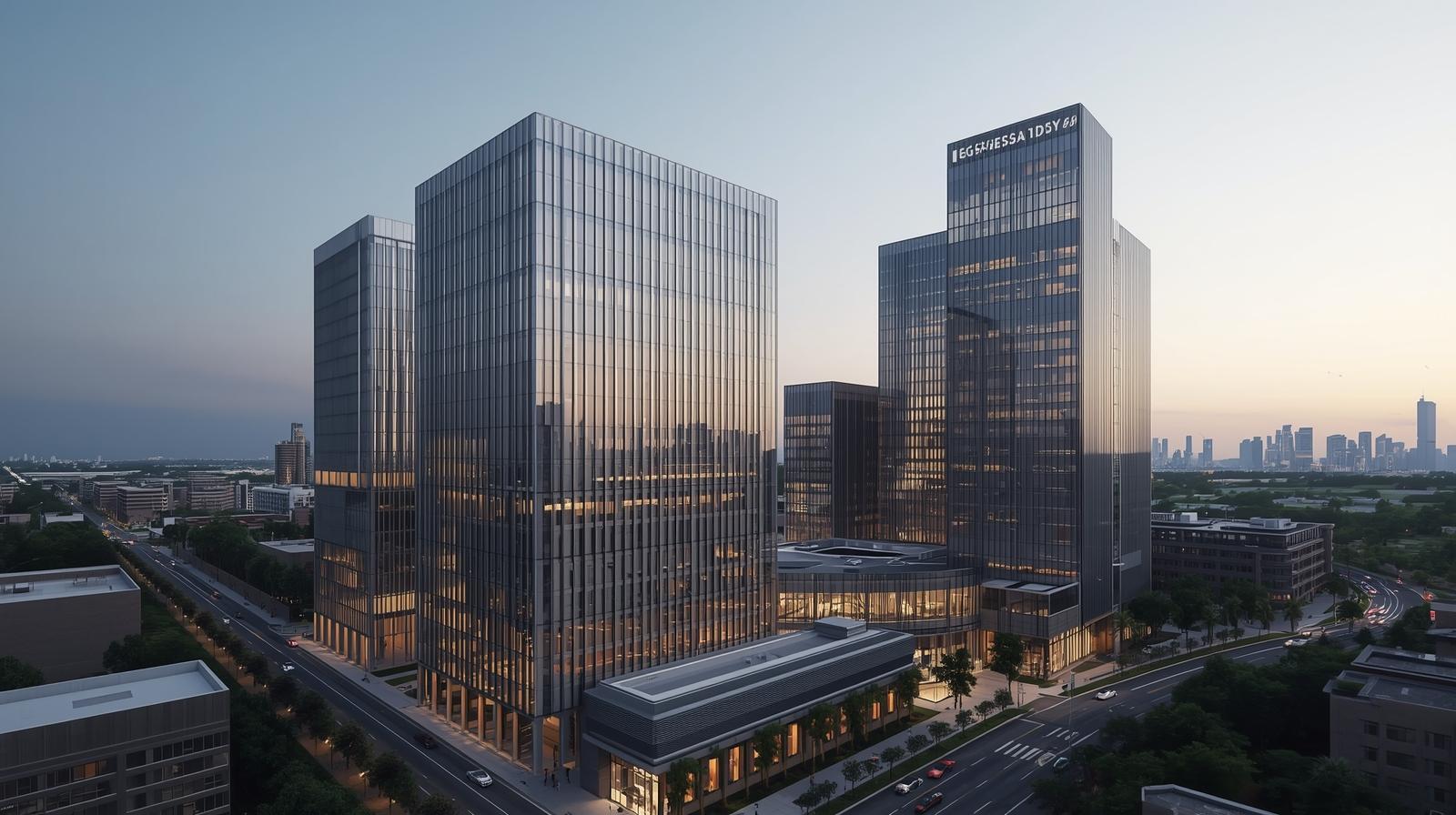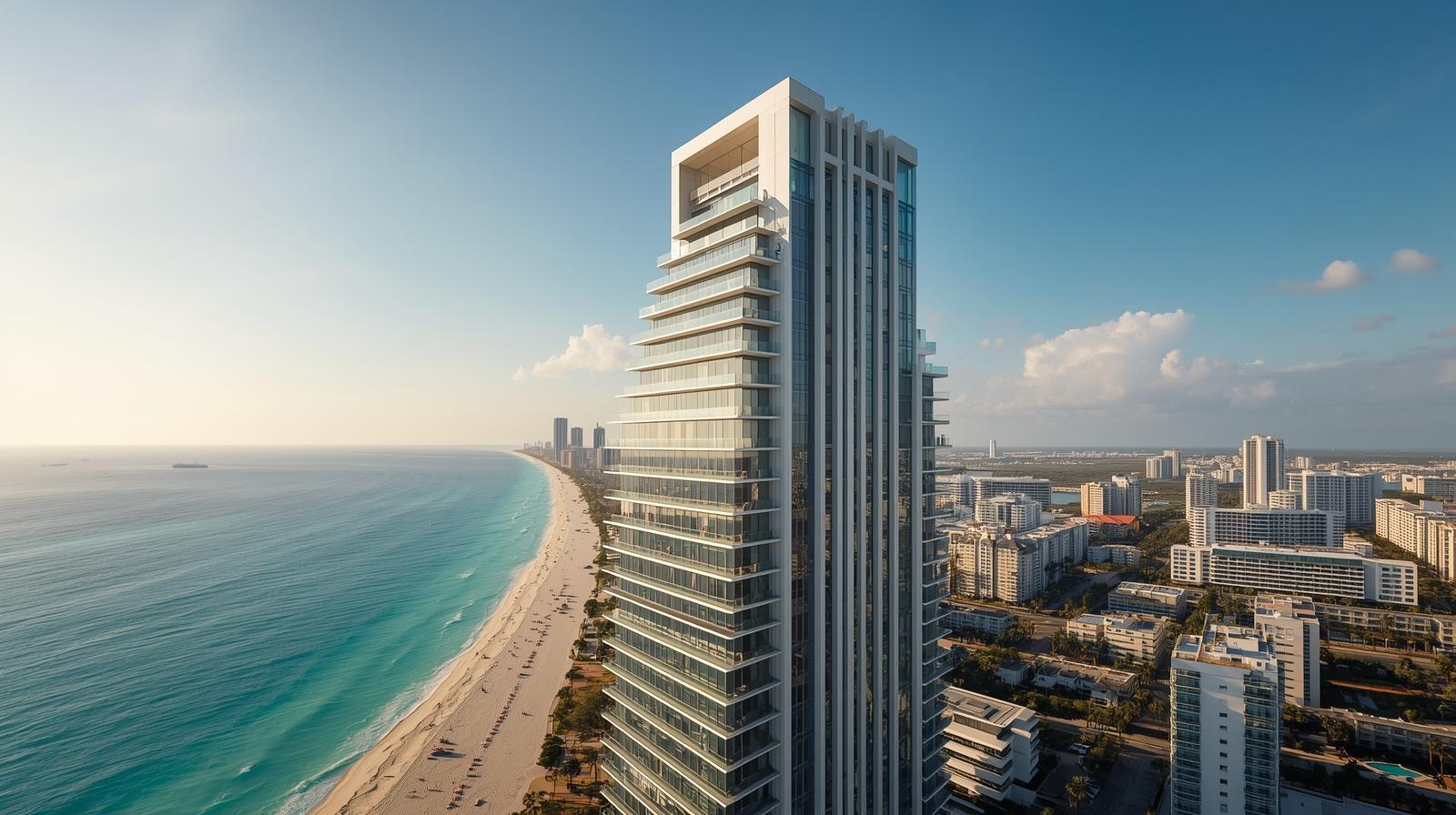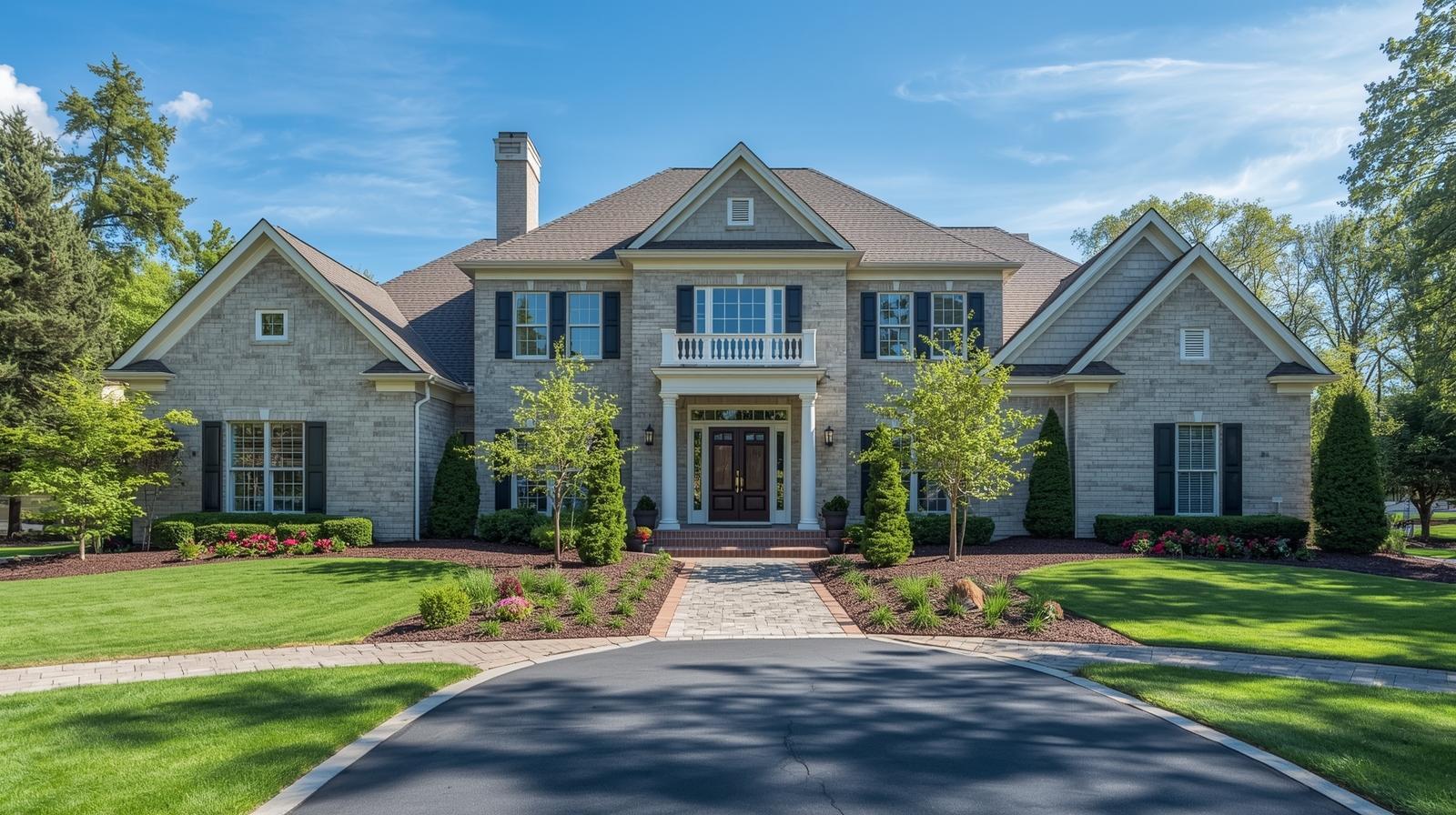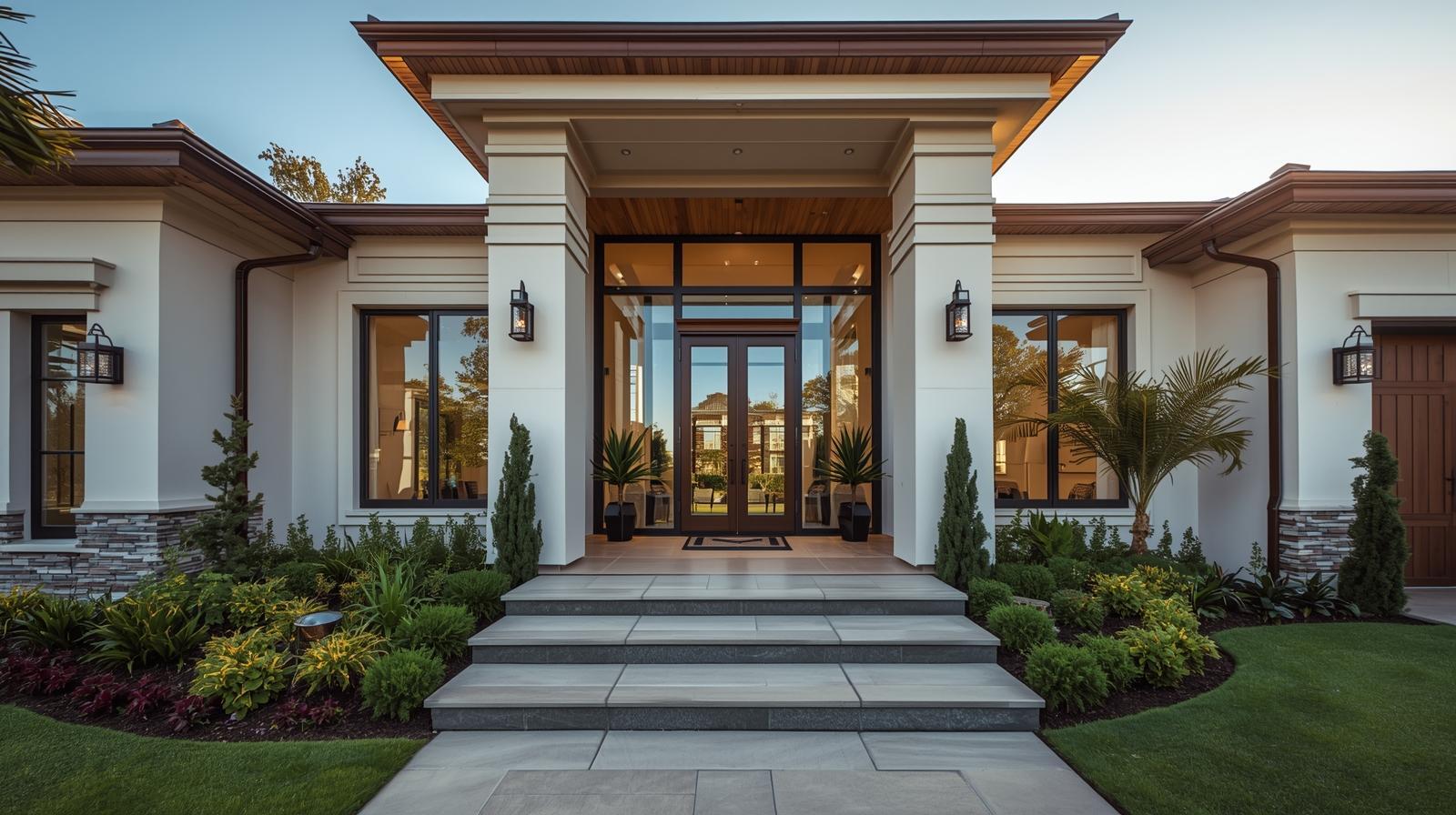Should You Fix and Flip Properties in 2023?
Fixing and flipping properties has enjoyed something of a golden era over the last two decades.
House fixing and flipping really started to pick up steam during the early 2000s, especially in the wake of the 2008 financial crisis. When housing prices plummeted, savvy real estate investors saw the opportunity to purchase properties at a discount, fix them, and sell them for a profit.
However, this is the 2020s, and the economy has changed. So, is fixing and flipping properties still a lucrative and sound investment in 2023?
The outlook for fix-and-flip properties in 2023
Some of the fundamental factors that affect how likely a fix-and-flip project is to succeed include local real estate market conditions, interest rates, the availability of financing, and your own financial goals and resources.
According to a March 2023 report by ATTOM Data Solutions, the average gross profit on a flipped property in the U.S. in 2022 was $67,900 in the fourth quarter of 2021, down from $70,000 in 2021. Here’s the thing, 2021 was the highest profit point since 2005, so there was bound to be a decline.
The average profit margin for flipped properties in 2022 was 26.9%, which factors the percentage of the property’s purchase price earned as profit after deducting the cost of renovations and other expenses.
That said, many real estate investors have earned significantly more or less depending on the project and the region of the country where their property resides. For a deal to be profitable, it’s essential for real estate investors to crunch the numbers to understand the cash-on-cash return before putting in an offer.
When you’re considering investing in fix and flip properties, the potential benefits haven’t changed:
Potential for profit
The profit potential still exists in the fix-and-flip market, especially with less competition in the market from potential homebuyers. When you can buy at a lower price and renovate a property to increase its value, you can sell it for a profit.
Active income
Fixing and flipping houses can provide an active source of income. And unlike passive investments, like stocks or mutual funds, you can actively control the outcome of the investment.
Potential tax benefits
Flipping houses can provide some tax benefits, such as deductions for renovation expenses and property taxes. As always, it’s essential to consult with a tax professional if you’re looking to fix and flip.
Diversify your real estate investment portfolio
Depending on the type of property and the scope of the work required to renovate and sell the property at a profit, fixing and flipping a property can bring in cash flow in a shorter amount of time than other types of real estate investments.
Potential pitfalls of fix and flip investing in 2023
While fixing and flipping properties can still be a lucrative investment strategy, there are also potential pitfalls to be aware of, especially in 2023, when the real estate market may experience changes due to economic, social, and political factors.
Here are a few potential pitfalls to keep in mind when deciding if a fix-and-flip project makes sense right now:
Market volatility
The real estate market can be volatile under the best circumstances, with prices fluctuating rapidly in response to economic and social changes. In 2023, in particular, adjustments to interest rates, inflationary risks, inventory issues, and economic uncertainty can impact the value of your property and potentially affect your profits.
Other factors, like the job market outlook and unemployment numbers, can also affect buyer behavior.
High competition
The popularity of fixing and flipping properties has led to increased competition among investors, which can drive up prices and make it harder to find good deals when buying diminished properties.
Rising construction costs
The cost of building materials and labor has been rising in recent years, which can increase the costs of renovating an investment property and lower your potential profit margin.
Regulatory changes
Government policies and regulations can change quickly and impact the real estate market in unforeseen ways. For example, changes to tax laws or zoning regulations can affect the profitability of your investment.
How interest rates affect the real estate market and your investments
Interest rates can significantly impact the real estate market, as they affect the cost of borrowing money to purchase or refinance a property. The fluctuation in interest rates can also impact how much buyers can spend on a new home.
It helps to understand the ways that changes in interest rates can impact the real estate market:
Affordability
New buyers are more likely to afford a home loan when interest rates are low, as lower interest rates mean lower monthly payments. Low interest rates, like those we’ve seen in the last couple of years, can increase home demand and drive up home prices. When interest rates are high, buyers are less likely to afford a new home loan, which can decrease demand for homes and drive down home prices — and potential profits for investors.
Refinancing
Changes in interest rates can also impact the number of people who refinance their home loans. When interest rates are low, many people refinance to take advantage of lower rates, which can stimulate the economy and increase consumer spending. When interest rates increase, fewer people are likely to refinance, which can slow down economic growth.
Overall, changes in interest rates can have a ripple effect on the real estate market and the general economy. However, as a fix and flip investor, you can refinance a short-term loan into a long-term loan to buy and hold until the market stabilizes.
2023 outlook
Spring is always the home-buying season. Because home inventory remains low, buyers are still looking for new homes.
As always, research the area you think you want to buy to find out how fast new and flipped homes are selling. Bargains still exist, and educated investors can take advantage.










Related Posts